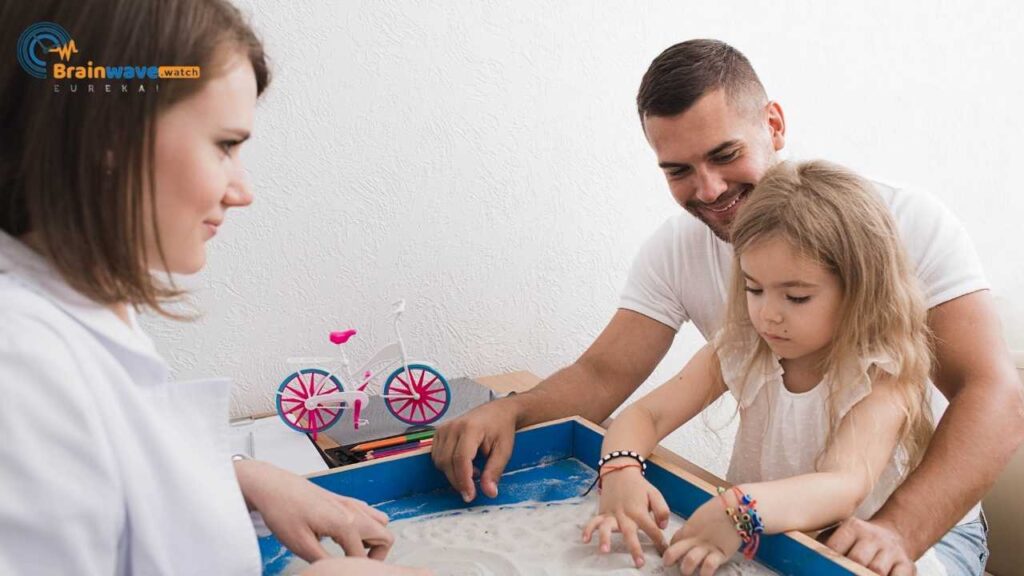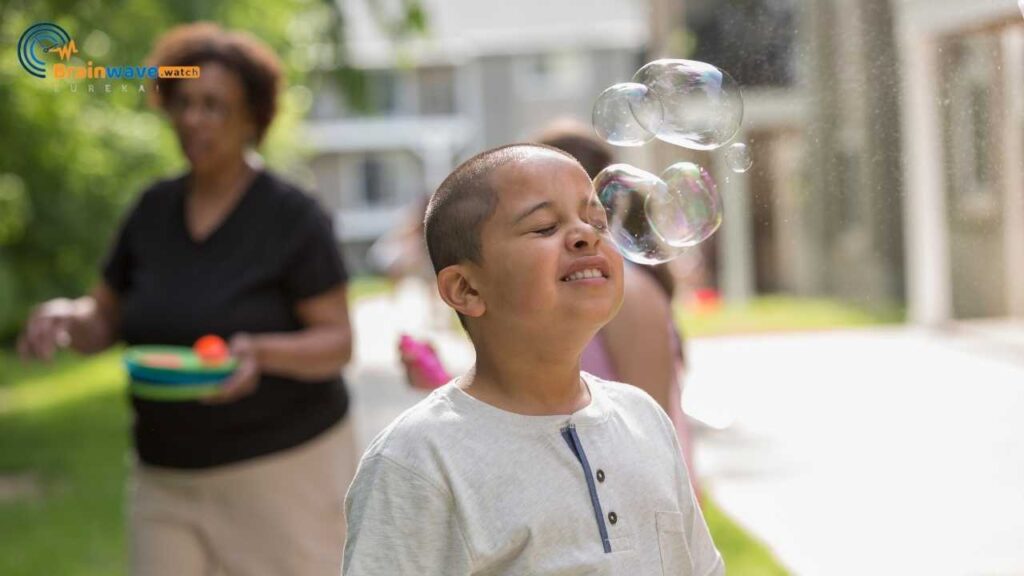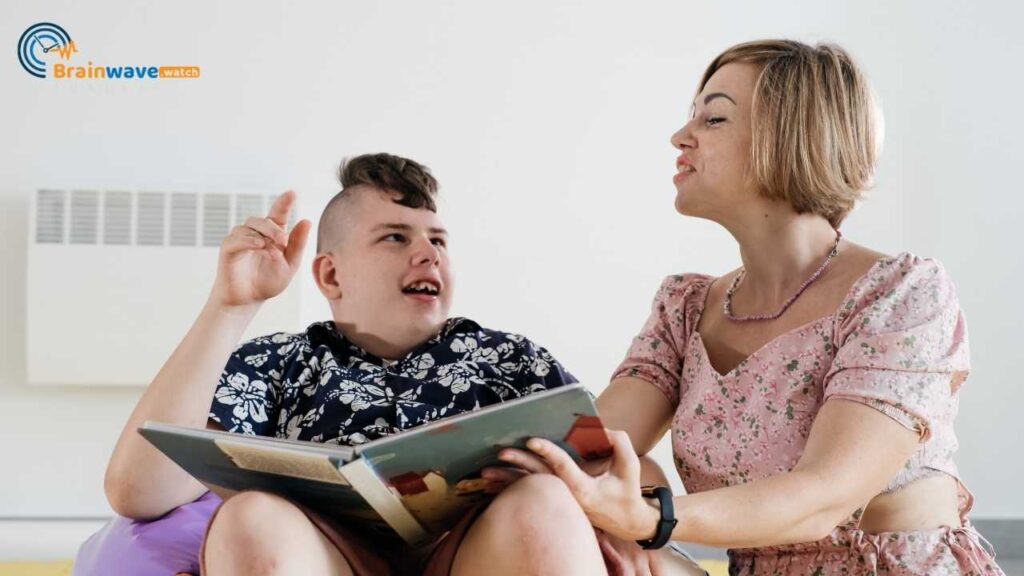Autism is a lifelong condition that affects the way a person communicates and socializes with others. The best therapy for autism is the one that helps your child learn new skills, improve their mood and behavior, improve their ability to communicate effectively, and build upon their strengths.
Play Therapy
Play therapy is a natural way for children with autism to express themselves, and it can help them learn how to communicate.
In the play, children practice taking turns, sharing their toys and toys with others, and other skills that will help them in life.
How Does Play Therapy Work?
Play therapists often use puppets or dolls as vehicles for teaching these important life skills; these tools provide opportunities for the child’s imagination and creativity which allows them to explore relationships between one another through movement (i.e., “I want this toy!”).
This type of interaction allows children with autism at times to become overwhelmed by sensory information such as touch or sound so they need time alone before engaging in new activities like playing together again after being separated temporarily during treatment sessions.”
Talk Therapy
As a child with autism, you may have difficulty communicating with others. Your ability to express yourself clearly and effectively is often impaired by this disorder.
In order to help your symptoms, talk therapy can be very effective in teaching you how to understand others’ feelings and needs so that they can better understand yours.
This type of treatment also helps children who have trouble making friends at school or even just interacting socially on their own because it teaches them how best to approach other people so as not to offend anyone during conversations (such as avoiding certain topics).
In addition, talk therapy helps develop social skills by helping children learn how best to approach those around them without causing conflict or harm; it also helps them understand what makes others feel good about themselves which will allow them better communicate those feelings back when requested by another person later down the road!
Read also: 5 Ways to Help Your Special Need Children Express Themselves
Occupational Therapy
Occupational therapists are specially trained in helping children with autism become more independent.
They can help a child improve his or her fine motor skills, which are essential for activities such as drawing or writing.
Occupational therapists also work on sensory processing issues such as sensitivity to light and sound; this often means providing accommodations for such things as silent rooms, dim lights, and soft music during therapy sessions.
Another important part of occupational therapy is improving social skills. This can mean teaching children how to communicate better through methods like picture books and play-based learning games that encourage interaction between the therapist and child (and/or siblings).
Applied Behavior Analysis (ABA)
Applied Behavior Analysis (ABA) is a type of therapy that uses positive reinforcement to teach new skills. It can be used to help with communication and social skills, such as:
- Learning how to make eye contact with another person
- Following directions, such as giving someone directions or giving someone something when asked for it.
As a therapist, you’ll work closely with your client’s parents during this process. The therapist will work together with them on creating a plan for each session that works best for both children and families alike.
Art Therapy
Art therapy is a type of psychotherapy that uses the creative process of art making to improve a person’s mental health. It can be used with people of all ages, from preschoolers to older adults.
Art therapy has been shown to be effective in treating many different kinds of disorders, including autism spectrum disorder (ASD), anxiety disorders, depression, other mood disorders, eating disorders, as well as schizophrenia, and substance abuse issues.
In fact, there are now more than 8 million Americans who receive treatment for depression each year—and many more who don’t seek help due to cultural stigma surrounding mental illness in some communities.
Read also: Effects of Music Therapy for Special Needs Teens with Autism
Takeaway:
As you can see, therapy can be helpful in many ways. It’s not always easy to find a therapist who understands your child and their needs, but it’s worth making the effort. Therapy isn’t just about getting over things; it’s also about learning new skills and developing self-confidence that you may have never had before!
Conclusion
In conclusion, the therapist will help your child with many aspects of life. They can help make it easier to communicate, be more social and have fun. The therapist will also be able to teach you how to play games that can be used on your own or with other children as well!









